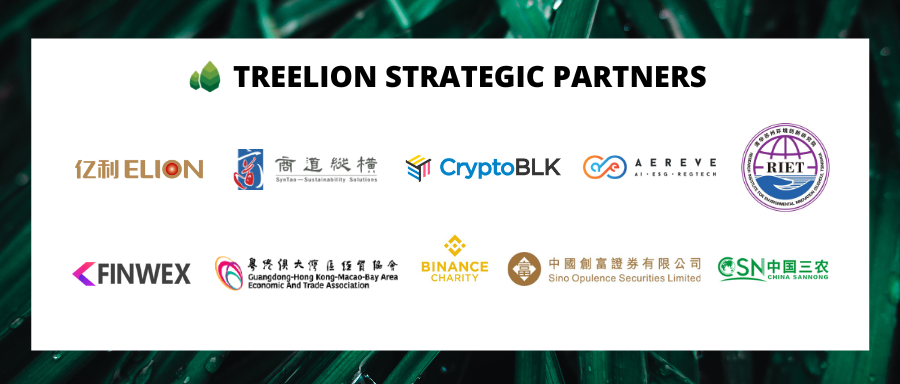

Xie Zhenhua, China’s special envoy for climate change, pointed out at the academic conference “China’s Decade of Addressing Climate Change” and the 10th anniversary of the establishment of the National Centre for Climate Change Strategy held in Beijing on September 22: China has actively and constructively participated in and led global climate governance in the past decade.

Xie Zhenhua pointed out that under the leadership of the CCP Central Committee and the State Council, the landmark achievement was the signing of the Paris Agreement, which made arrangements for strengthening climate action and cooperation after 2020. First, it was the most inclusive legal format that accommodates the core concerns of all parties. Second is to adhere to the principles of the Convention, and various elements such as mitigation, adaptation, capital, technology, capacity building, and transparency reflect “common but differentiated responsibilities”. Third is to achieve the long-term goal of less than 2 degrees and striving for 1.5 degrees, demonstrating the trend of global green and low-carbon development. Fourth is to establish an independent decision-making contribution model, and form a situation in which all parties take active actions in accordance with national conditions. Fifth, to ensure the sustainability of implementation, a mechanism for continuous improvement in five-year inventory that has been established. Sixth, establish a mechanism that matches action and support to help developing countries to continuously improve their capabilities.
Xie Zhenhua said that in the past ten years, the multilateral process has revolved around the conclusion, signing, entering into force and implementation of the Paris Agreement, and a series of positive results have been achieved: the Durban Platform in 2011, the Doha Climate Clearance in 2012, the Warsaw Nationally Determined Contribution in 2013, and the Lima Agreement in 2014. The climate action call, making arrangements for the agreement framework, principles, action modes, elements, etc., prepared for the Paris Conference to reach an agreement as scheduled; Marrakesh Declaration and Outcomes in 2016, Fiji Implementation Momentum in 2017, Katowice Implementation in 2018 The detailed rules, the 2019 Chile-Madrid Action Moment, and the 2021 Glasgow Climate Agreement have sent positive signals of adhering to multilateralism, implementing the Paris Agreement, accelerating global green and low-carbon transformation and innovation, and transforming the framework arrangements of the agreement into concrete and actionable items.
s
Xie Zhenhua pointed out that in the multilateral process, focusing on implementing their respective goals and promoting bilateral relations between China and the United States, China-US climate change dialogue and cooperation have continued to achieve results. A cooperative atmosphere of mutual accusations, mutual disclosure of differences, respecting each other’s core concerns, finding solutions acceptable to both sides, and jointly promoting the multilateral process. Second, from 2013 to 2016, Chinese President Xi Jinping and U.S. President Barack Obama, the two Heads of States reached a political consensus on strengthening dialogue and cooperation in the field of climate change, and issued three joint statements and a cooperation document for the Paris Agreement. A historic and important contribution has been made in reaching, signing and entering into force. The two sides established the China-US Climate Change Working Group to carry out policy dialogue and practical cooperation in nine areas. Third, from 2017 to 2020, President Trump announced that the United States would withdraw from the Paris Agreement. The negotiating teams of China and the United States still maintained communications, and the dialogue and cooperation between local governments, enterprises and think tanks of the two countries continued to advance. Fourth, since 2021, in accordance with the requirements put forward by the interaction between President Xi Jinping and President Biden, the two sides have opened up communication channels on climate change, issued a joint statement on addressing the climate crisis and a joint declaration on strengthening climate actions. Agreed on the terms of reference of the Working Group on Strengthening Climate Action.
Xie Zhenhua pointed out that China-EU cooperation on climate change has also achieved positive results. In 2015, the leaders of China, the EU and France issued joint statements successively, especially the China-France statement, which contributed to the conclusion of the Paris Agreement, on sustainability of the implementation of the agreement; In 2017, when the United States announced its withdrawal from the Paris Agreement and suspended the Energy and Climate Forum of Major Economies, China, the EU and Canada jointly initiated and held the Ministerial Conference on Climate Action of Major Countries, which played a good role in promoting exchanges and cooperation; Since 2021, leaders of China, France and Germany have held video meetings for many times, and leaders of China and the EU have held three high-level dialogues on climate and environment, and issued a Joint Communiqué to promote practical cooperation between the two sides and jointly advance the multilateral process.
Xie Zhenhua emphasized that the BASIC countries have issued joint statements many times and played a key role in safeguarding the unity and common interests of developing countries. The main clauses of the Paris Agreement are basically derived from the relevant expressions of the Sino-US, Sino-French, Sino-European, and four-nation joint declarations. Developing countries with similar stances are becoming increasingly mature, and they have been actively and constructively demonstrating in the negotiations. Positive results have been achieved in South-South cooperation on climate change. A total of more than 1.2 billion yuan has been arranged, 43 climate change cooperation documents have been signed with 38 developing countries, and about 2,000 officials and technicians have been trained for more than 120 developing countries. We recently had a face-to-face meeting with the Ambassadors of South Pacific small island countries to China, and had a candid and in-depth exchange of views on the outcomes of the Sharm el-Sheikh Conference.




